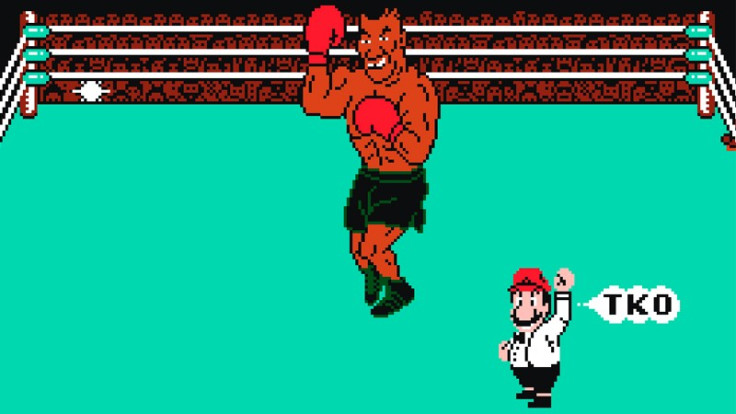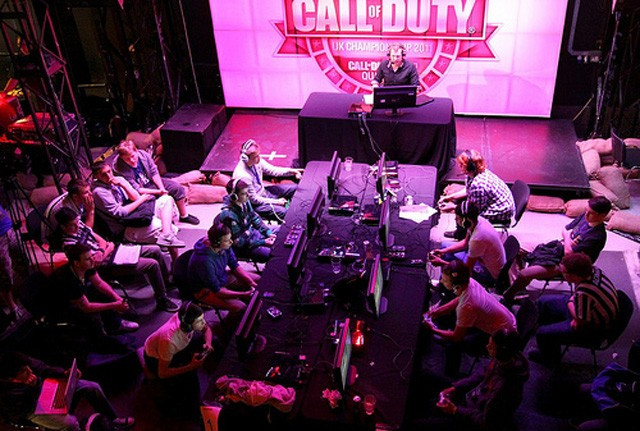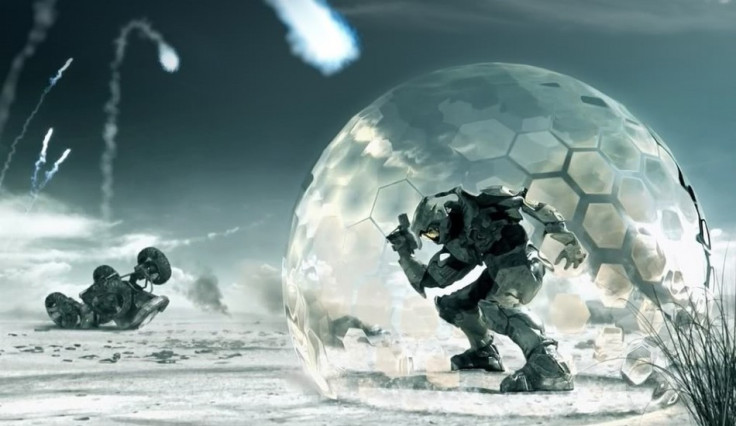Why Games Matter Blog - On Violence Debate, Games Need to Get in the Ring

I was heartened this morning by comments from Connecticut Senator Chris Murphy, who said he welcomed research into videogames and their connection to violent behaviour. While I'm not in the least bit convinced that videogames can be blamed for the shootings at Columbine High School, Sandy Hook Elementary School and Virginia Tech State University, I'm pleased that decision-makers are prepared to withhold legislation until research has been conducted.
But according to Cambridge University, there are between 270 million and 310 million civilian owned guns in the US, and Senators are still talking about videogames. I think I know why.
Our own world
I was watching last night the first official trailer for Videogames: The Movie, a documentary film which aims to cover the industrial, technological and cultural history of videogames. As part of the trailer, several high-profile game makers and game fans are interviewed including Will Wheaton, an actor who appeared in Star Trek: The Next Generation. Talking about the culture of videogames, Wheaton says:
"We created our own culture. We took the things that we loved and we built our own world."
Though I'm unconvinced of Wheaton's suitability to appear in this film, I think his comment points to something dangerous about game culture; something I'm certain is the reason Senator Murphy thinks games and violence could be connected. We have built our own world. Videogames today are still, much as they were in the 1980s and 1990s, an impenetrable counter-culture. The subject matter is esoteric; the barrier to entry is high. We can point to devices like the iPhone and the Wii, and lie to ourselves that games are for everyone now, but it isn't the case. The drawbridge is still up. This is the Skull and Bones club.

And secret societies make people suspicious. There was an exchange of letters in January between Gamasutra Editor-in-Chief Kris Graft and then IGN EIC Casey Lynch, in which Lynch defended industry leaders who were meeting Vice-President Biden to discuss youth violence. Graft argued that to enter the discussion was to admit culpability; Lynch countered, saying there was nobody else available to defend videogames.
And I agree with Lynch, because the last thing videogames need is more secrecy. I know the image problem isn't entirely down to insular game culture - newspapers have consistently done well on the anxieties of stupid people, and will continue to do so ad infintium. But videogames are still reticent to involve themselves with the broader culture. They refuse to get in the ring; there's a pervasive assumption that creating and existing inside our own marginal world is a good thing.
It isn't. It's precisely the reason Senators, parents and mainstream media organisations can blame games so easily for gun violence. Videogames are like the Soviet Union during the 1950s (or the Americans, depending which side you were on). They're shrouded in so much secrecy that if a government or organisation needs to deflect an important issue, they can point to videogames and nobody - or at least, nobody on the Western side of the wall - will be any the wiser. We all know it's unfair, inaccurate and, potentially, regressive in terms of making progress towards stopping gun crime, but nevertheless, we, the fans of videogames, help this misinformation to continue existing. We remain happy behind our Iron Curtain.
Hidden
Why? Because people interested in games are misfits, that's why. A lot of us will have been bullied or neglected when we were young - a lot of us are gay. There are reasons we retreated into immersive fantasy worlds in the first place, why our favourite hobby is something we can do in our bedrooms, by ourselves. A lot of people into games have had some kind of run in with the outside world. As a result, it feels safer to remain hidden from it.

Which is why the barrier to entry has been stacked so high; why the t-shirts have jokes on them people won't understand; why we call ourselves "gamers". NRA vice-president Wayne LaPierre called games a "shadow industry". We're like the creatures from The Village; the virus from darkest Africa; the Rooskies. Gun crime can be laid at our door because people know nothing about videogames. We're all cowards though, so we're happy to keep it that way.
© Copyright IBTimes 2025. All rights reserved.






















